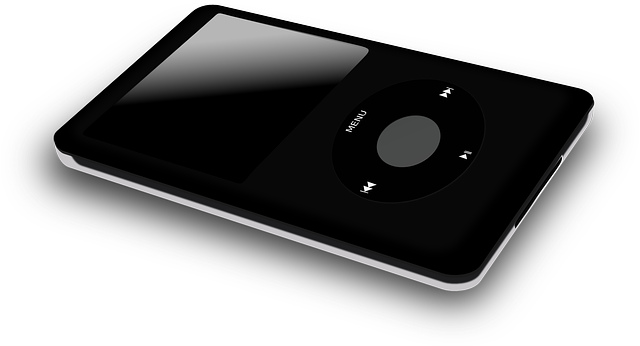Converting DivX to MP4 has become essential in digital media due to MP4's superior versatility. Specialized software transcodes DivX videos, maintaining quality and optimizing file size for seamless streaming or storage. This process breaks format barriers, ensuring content compatibility with a wide range of devices and players globally. Future advancements aim to enhance output quality and file sizes, benefiting consumers and industries like streaming services, content distribution, and multimedia production, ultimately driving a dynamic and accessible digital media landscape.
Discover a groundbreaking advancement in digital media: seamlessly converting DivX to MP4 formats. This innovative technology bridges the gap between past and present, offering unparalleled compatibility and accessibility. In this article, we’ll unravel the process behind this conversion, explore its significant impact on multimedia sharing, and glimpse into the future of digital content distribution. Get ready to witness how this seemingly simple act revolutionizes media consumption worldwide.
Understanding the Convert DivX to MP4 Process

Converting DivX to MP4 is a straightforward process that has revolutionized digital media accessibility. DivX, known for its high-quality video compression, was once a popular format, but with evolving technology, MP4 emerged as a more versatile and widely supported container. The conversion process involves transcoding the DivX video into the MP4 format, ensuring compatibility with a broader range of devices and media players.
This procedure is made possible by utilizing specialized software that decodes the DivX file, converts it to an intermediate format, and then encodes it into MP4. The key lies in maintaining or improving the video quality while optimizing the file size, making it suitable for online streaming or storage without sacrificing viewer experience.
The Impact and Future of This Technological Advancement

The introduction of technology that enables seamless conversion from DivX to MP4 format signifies a pivotal moment in digital media evolution. This innovative advancement simplifies content accessibility and compatibility, fostering a more inclusive multimedia ecosystem. By eliminating format barriers, users can now effortlessly enjoy their favorite videos and movies across various devices and platforms.
Looking ahead, the future of this technology promises even greater enhancements. As demand grows for higher-quality video formats and efficient storage solutions, ongoing research and development will refine conversion processes, resulting in improved output quality and reduced file sizes. This not only benefits individual consumers but also has significant implications for industries like streaming services, content distribution, and multimedia production, driving a more dynamic and accessible digital media landscape.
The conversion process from DivX to MP4 represents a significant leap forward in digital media technology. By streamlining video compatibility, this innovation ensures smoother playback and wider accessibility across various devices and platforms. As we move forward, the continued development of such technological advancements will undoubtedly shape the future of multimedia content consumption, making it more efficient and enjoyable for all users.
